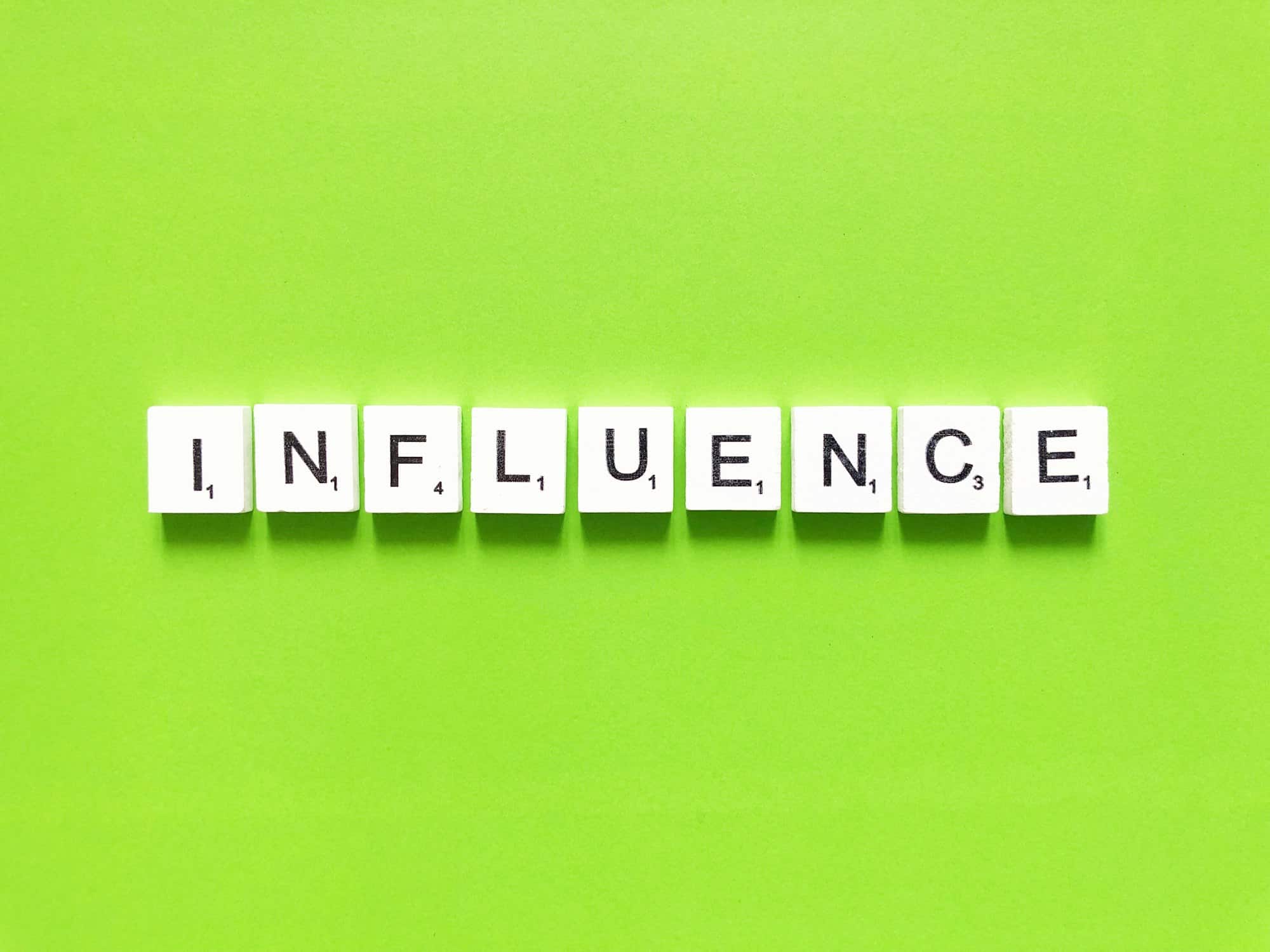In the rapidly evolving world of digital marketing, there’s a rising trend that UK cosmetic brands simply can’t afford to ignore – Influencer Marketing. Today, brands no longer rely solely on traditional advertising methods. Instead, they are harnessing the power of social media and influencers to reach their target audience and increase their market share. For cosmetic brands, in particular, online influencers are becoming the go-to marketing strategy, with Instagram being the platform of choice. But how exactly can UK cosmetic brands leverage influencer marketing to drive their growth? This article delves into this topic to provide you with practical and effective strategies.
Understanding the Impact of Influencers
Influencer marketing is a strategy where brands collaborate with popular individuals on social media platforms – the influencers – to promote their products or services. These influencers have a large and loyal following, often in specific niches such as beauty, fitness, or travel. By aligning with the right influencer, your brand can tap into this ready-made audience and significantly increase brand visibility, awareness, and ultimately, sales.
A lire aussi : What Risk Management Techniques Are Essential for UK Insurance Companies in the Digital Age?
In the beauty industry, influencers have become the new gatekeepers. Customers are more likely to buy a product endorsed by an influencer they trust and admire than a product advertised by the brand itself. In fact, a study by Mediakix found that 89% of marketers say the return on investment (ROI) from influencer marketing is comparable to, or better than, other marketing channels.
Choosing the Right Influencer for Your Brand
The process of selecting the right influencer involves more than just looking at their number of followers. It’s about finding someone who resonates with your brand and its values. The influencer’s followers should also align with your target audience.
Avez-vous vu cela : What Are the Best Practices for UK Veterinarians to Implement Mobile Clinics?
Determine what your brand stands for and its unique selling proposition (USP). It’s crucial to choose an influencer who embodies these characteristics. For instance, if your cosmetic brand is vegan and cruelty-free, working with an influencer who is an advocate for animal rights and sustainable living would be a smart move.
Consider the influencer’s engagement rate, which refers to the level of interaction they have with their followers. High engagement rates indicate that the influencer has a genuine connection with their audience, which increases the likelihood of them engaging with your brand and products.
Crafting A Winning Influencer Marketing Campaign
An effective influencer marketing campaign isn’t just about handing over your products to an influencer and hoping for a positive review. It requires careful planning and strategy.
Firstly, be clear about your marketing objectives. Are you looking to increase brand awareness, boost engagement, or drive sales? Your objectives will guide the campaign’s direction and measure its success.
Secondly, provide the influencer with a clear brief. This should include the campaign’s goals, key messages, and any specific requirements or guidelines regarding the content. However, allow the influencer creative freedom to present your products in a way that is authentic to their style. After all, they know their audience best.
Lastly, ensure that there is a clear call-to-action (CTA) in the influencer’s content, guiding the audience on what to do next – whether that’s visiting your website, signing up for a newsletter, or purchasing a product.
Monitoring and Optimising Your Influencer Marketing Strategy
Once your influencer marketing campaign is live, it’s essential to monitor its performance closely. This will help you understand what’s working, what’s not, and where adjustments need to be made.
Track metrics such as reach, engagement, click-through rates (CTR), and conversions to measure the campaign’s success. Tools such as Google Analytics, Instagram Insights, and influencer marketing platforms can provide valuable data.
Moreover, always be open to feedback from the influencer and their audience. They could provide valuable insights into how your products are perceived and how the campaign could be improved.
Embracing Long-Term Partnerships with Influencers
Influencer marketing is not a one-off strategy. For maximum effectiveness, consider establishing long-term partnerships with influencers. This not only strengthens brand loyalty among the influencer’s followers but also gives your brand a familiar face that consumers can relate to.
Establishing long-term relationships with influencers can help your brand to consistently reach new audiences, garner trust, and increase sales over time. Remember, influencer marketing is as much about building relationships as it is about marketing.
In conclusion, influencer marketing presents a wealth of opportunities for UK cosmetic brands to expand their reach and increase their market share. With careful planning, the right partnerships, and continuous optimisation, these strategies can help your brand shine in the crowded beauty industry.
Leveraging Micro-Influencers for Greater Impact
The realm of influencer marketing extends beyond just celebrity influencers and includes ‘micro-influencers’. These are individuals who have a modest but highly engaged following, usually between 1,000 and 10,000 followers. As a UK cosmetic brand, micro-influencers can be an invaluable asset to your marketing strategy.
Micro-influencers typically have a stronger connection with their audience as they are viewed as peers rather than celebrities. This can make their endorsements seem more genuine and relatable, leading to higher engagement rates and a stronger influence on purchasing decisions.
In the beauty industry, micro-influencers can provide authentic content and product reviews, offering potential customers a real-life perspective on how your products work. Beauty brands such as Charlotte Tilbury have successfully leveraged micro-influencers to create relatable and engaging content, driving brand awareness and sales.
Partnering with micro-influencers also allows your brand to reach niche markets that may be overlooked by larger influencers. This can be particularly beneficial if your brand caters to specific beauty needs or values, such as organic, vegan, or cruelty-free products.
Therefore, don’t underestimate the power of micro-influencers. They offer a cost-effective way to tap into engaged, niche audiences, boosting brand visibility and credibility.
Utilising Multiple Social Media Platforms
While Instagram is the most popular platform for influencer marketing in the beauty industry, it’s essential to not limit your marketing efforts to just one platform. Expanding your influencer marketing strategy to include other social media platforms can maximise your reach and increase your brand’s visibility.
YouTube is an excellent platform for beauty influencers as it allows for in-depth product reviews, tutorials, and hauls that can showcase your products in action. TikTok, with its fast-growing user base, offers a unique way to create fun, engaging content that can go viral and reach a larger audience. Facebook, with its diverse user base, can also be utilised to reach different demographics.
Diversifying your social media platforms also enables you to reach out to various target audiences. For instance, while Instagram and TikTok may appeal more to the younger generation, Facebook and YouTube may reach a wider age range.
Thus, by employing a multi-platform approach, you can maximise your reach and ensure your brand is seen by a diverse group of potential customers.
Conclusion: The Power of Influencer Marketing for UK Cosmetic Brands
In this digital age, Influencer Marketing holds immense potential for beauty brands to increase their market share. By leveraging social media platforms and aligning with the right influencers, beauty brands can authentically connect with their target audience, boost brand awareness, and drive sales.
Influencer marketing is not a one-size-fits-all strategy. It involves careful planning, ongoing monitoring, and continuous optimisation to ensure success. UK cosmetic brands must not only identify influencers who align with their brand values and audience but also utilise various social media platforms to reach wider demographics.
In addition, embracing long-term partnerships with influencers and leveraging the power of micro-influencers can further enhance a brand’s influencer marketing strategy. Remember, influencer marketing is not just about marketing; it’s about building authentic, meaningful relationships.
With the right approach and commitment, influencer marketing can help UK cosmetic brands shine brightly in the highly competitive beauty industry.






